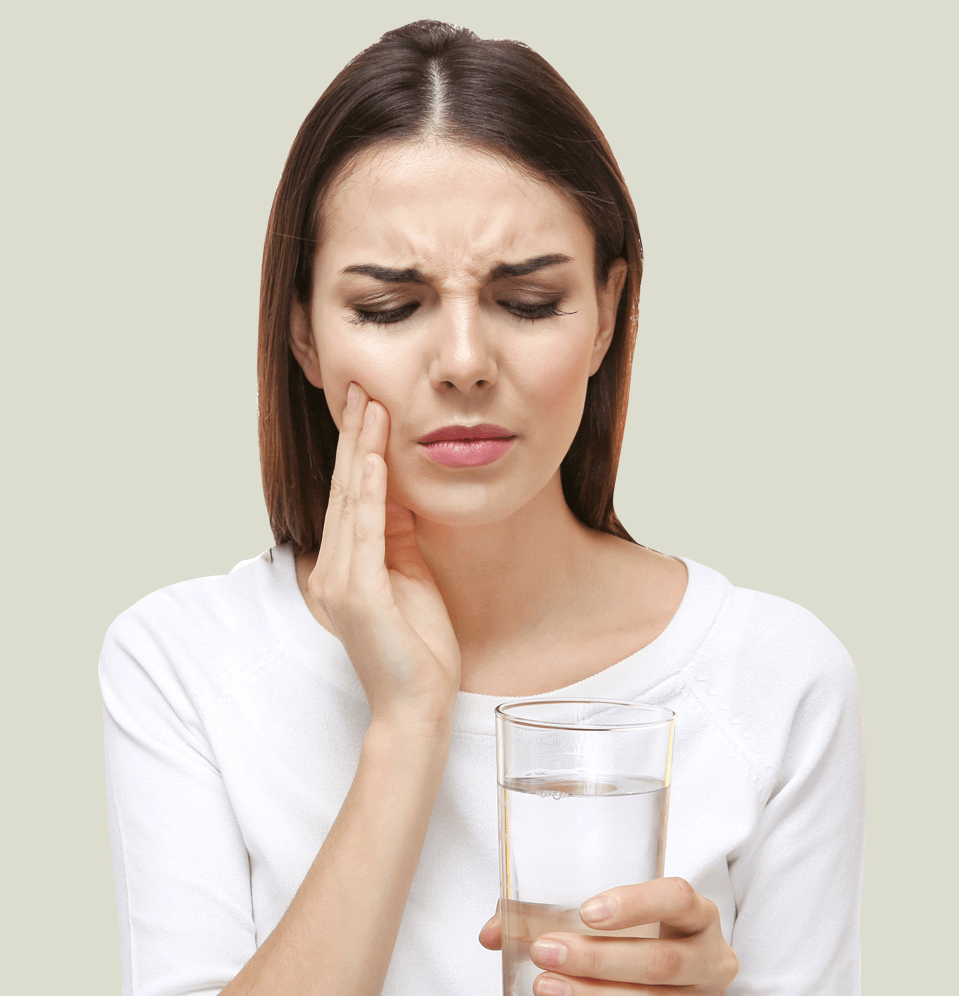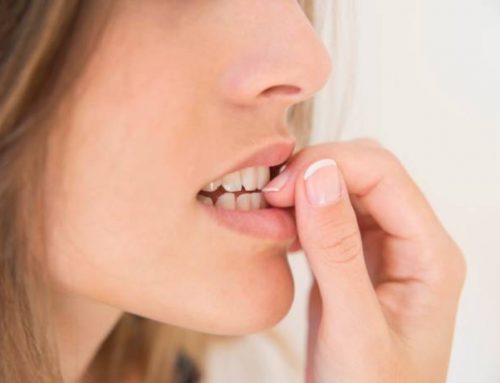
Causes of Sensitive Teeth
Sensitive teeth are most commonly caused or exacerbated by:
- Brushing too hard or too often and using a hard-bristled toothbrush. Many people believe that brushing hard will make their teeth cleaner, when in fact this isn’t necessary and can cause damage to the tooth enamel. Brushing gently for 2 minutes, twice per day and flossing daily is the best way to keep your teeth clean. Some electric toothbrush models have a pressure sensor to alert you if you are pressing too hard while brushing which can be helpful.
- Acidic food or beverages as the acid naturally erodes the outer layer of our tooth enamel. Citrus foods and drinks, wine, vinegar, sports drinks and carbonated drinks are all big acidic culprits. Sugary foods like lollies are also contributors.
- Tooth decay, worn fillings, cavities or broken teeth where the dentin of your tooth is exposed.
- Gum disease and receding gums that expose the root surface.
- Grinding or clenching your teeth at night as this causes tooth wear.
- Over-the-counter tooth whitening products. Professional teeth whitening treatment and products are carefully controlled by your dentist to achieve the best effects while minimising and managing any potential tooth sensitivity. However, retail whitening products – including some whitening toothpastes – can contain hydrogen peroxide or bleaching agents that are very damaging to your tooth enamel and can even lead to permanent damage.
Ways to Reduce Teeth Sensitivity
Although it’s not possible to grow back tooth enamel or gums that have receded, there are definitely things you can do to help improve sensitive teeth.
- Firstly, see your dentist. They will diagnose any underlying oral health issues contributing to your sensitivity and treat them.
- Ask your dentist for product recommendations. There could be a particular model of toothbrush, paste or even special product like tooth mousse that will help to prevent further damage and minimise the sensitivity. They can also advise you on the correct brushing method and pressure to use if this is likely to be contributing to the problem.
- If you have the habit of clenching or grinding your teeth at night, a custom-made nightguard is an effective way to prevent your teeth from wearing down. These are designed to be as comfortable as possible for sleeping.
- Avoid having acidic and sugary foods and drinks, or ensure that you rinse your mouth out with plain water immediately afterwards so the acid and sugar doesn’t linger on your teeth and gums.
If you have any concerns regarding sensitive teeth, please contact us for an appointment.



